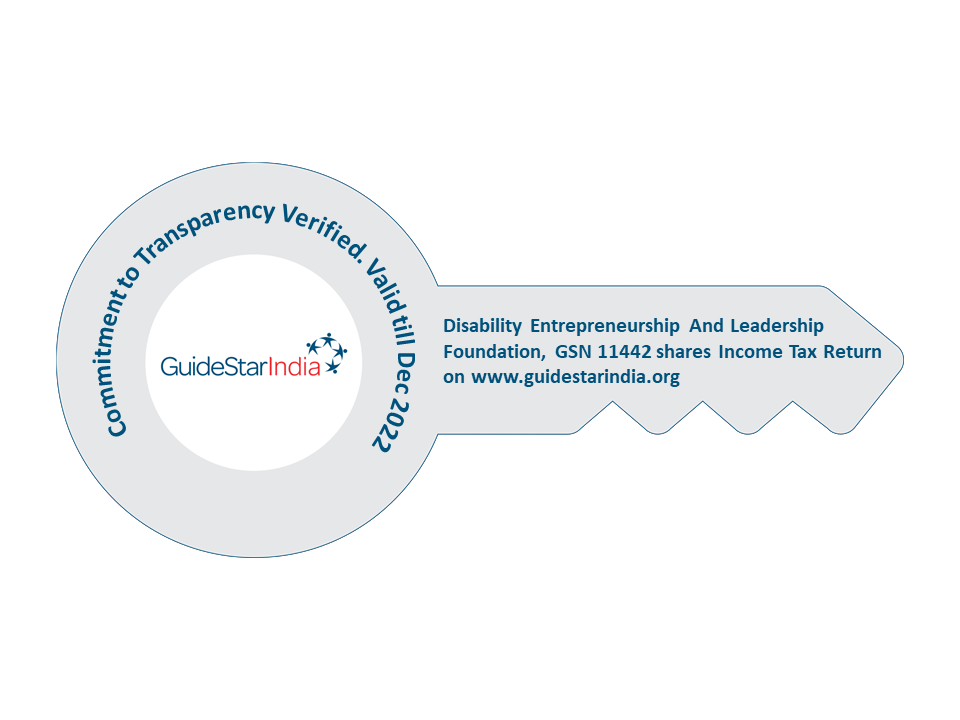Mental illness, also called mental health disorders refers to a wide range of mental health conditions / disorders that affect your mood, thinking and behavior. Examples of mental illness include depression, anxiety disorders, schizophrenia, eating disorders and addictive behaviors.
WHO estimates that about 7.5 per cent Indians suffer from some mental disorder According to the numbers, 56 million Indians suffer from depression and another 38 million Indians suffer from anxiety disorders.
Living with a mental illness is not easy. It’s a consistent problem without a clear solution. Many people have mental health concerns from time to time. But mental health concern becomes a mental illness when ongoing signs and symptoms cause frequent stress and affect one’s ability to function.
While treatments like medication and psychotherapy are incredibly helpful, sometimes people experiencing mental health conditions need to do more day-in and day-out to feel good or even just okay.
Here are some ways to improve one’s mental health:
- Staying positive:
It is important to try and have a positive outlook. Some ways to do that include
- Finding balance between positive and negative emotions. Staying positive doesn’t mean that you never feel negative emotions such as sadness or anger. You need to feel them so that you can move through difficult situations.
- Try and hold on to the positive emotions when you have them
- Taking a break from negative information. Know when to stop watching or reading the news.
- Get plenty of sleep:
Sleep is really important for our physical and mental health. Sleep helps to regulate the chemicals in our brain that transmit information. These chemicals are important in managing our moods and emotions. If we don’t get enough sleep, we can start to feel depressed or anxious.
- Eat well:
Eating well isn’t just important for our bodies, but it’s also important for our minds. Certain mineral deficiencies, such as iron and vitamin B12 deficiencies, can give us a low mood. Try to eat a balanced diet. If you find you’re a particularly stressed or anxious person, you should try limiting or cutting out caffeine as this can make you feel jittery and anxious.
- Practicing gratitude:
It simply means being thankful for the good things in life. It’s helpful to do this every day, either by thinking about what you are grateful for or writing it down in a journal. These can be big things, such as the support you have from loved ones, or little things, such as enjoying a nice meal. It’s important to allow yourself a moment to enjoy that you had the positive experience. Practicing gratitude can help you to see your life differently.
- Connecting with others:
Humans are social creatures, and it’s important to have strong, healthy relationships with others. Having good social support may help protect you against the harms of stress. It is also good to have different types of connections. Besides connecting with family and friends, you could find ways to get involved with your community or neighborhood.
- Avoid smoking, alcohol or drugs:
Drinking and smoking aren’t things which we always associate with withdrawal symptoms, but they can cause some which impact on your mental health. When you’ve had a few drinks you can feel more depressed and anxious the next day, and it can be harder to concentrate. Excessive drinking for prolonged periods can leave you with a thiamine deficiency. Thiamine is important for our brain function and a deficiency can lead to severe memory problems, motor (coordination) problems, confusion and eye problems. If you smoke, between cigarettes your body and brain go into withdrawal which makes you irritable and anxious.
Other drugs will often leave you in withdrawal and can often cause very low moods and anxiety. More severe effects of drugs include paranoia and delusions. There is some research that suggests drug use is related to developing mental disorders like schizophrenia.
- Developing a sense of meaning and purpose in life:
This could be through your job, volunteering, learning new skills, or exploring your spirituality.
- Develop coping skills:
These are methods which you use to deal with stressful situations. They may help you face a problem, take action, be flexible and not easily give up in solving it.
- Meditation:
Meditation is a mind and body practice where you learn to focus your attention and awareness. There are many types of meditation like mindfulness meditation and transcendental meditation. For more details on meditation, please read our article titled ‘Meditation: A fast and simple way to reduce stress.’
- Relaxation techniques:
These are practices you do to produce your body’s natural relaxation response. This slows down your breathing, lowers your blood pressure, and reduces muscle tension and stress. Types of relaxation techniques include progressive relaxation (where you tighten and relax different muscle groups, sometimes while using mental imagery or breathing exercises), guided imagery (where you learn to focus on positive images in your mind, to help you feel more relaxed and focused), biofeedback (where you use electronic devices to learn to control certain body functions, such as breathing, heart rate, and muscle tension), self-hypnosis (where the goal is to get yourself into a relaxed, trance-like state when you hear a certain suggestion or see a specific cue) and deep breathing exercises (which involve focusing on taking slow, deep, even breaths).
- Get plenty of sunlight:
Sunlight is a great source of vitamin D. Vitamin D is a really important vitamin for our bodies and our brains. It helps our brains to release chemicals which improve our mood, like endorphins and serotonin. Try to go out in the sun when you can, but make sure you keep your skin and eyes safe. 30 minutes to two hours a day of sunlight is ideal.
It’s also important to recognize when you need to get help. Talk therapy and/or medicines can treat mental disorders.
(Sources: peoplefirstinfo.org.uk, medlineplus.gov, mayoclinic.org, journals.plos.org, swachhindia.ndtv.com)
Uma Shirol, our Program Manager works with groups and individuals in the district of Gadag to identify persons with mental illness and conducts counseling sessions for them. She then also encourages training in various activities and promotes social interaction.
We are also working with local communities in the district of Gadag to develop community Aramba Svaudyog Kendra (ASK) centers to support persons with disability including persons with mental health conditions to create sustainable livelihood activities.


 Awarded by Guidestar India
Awarded by Guidestar India